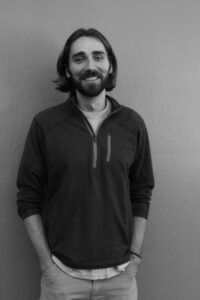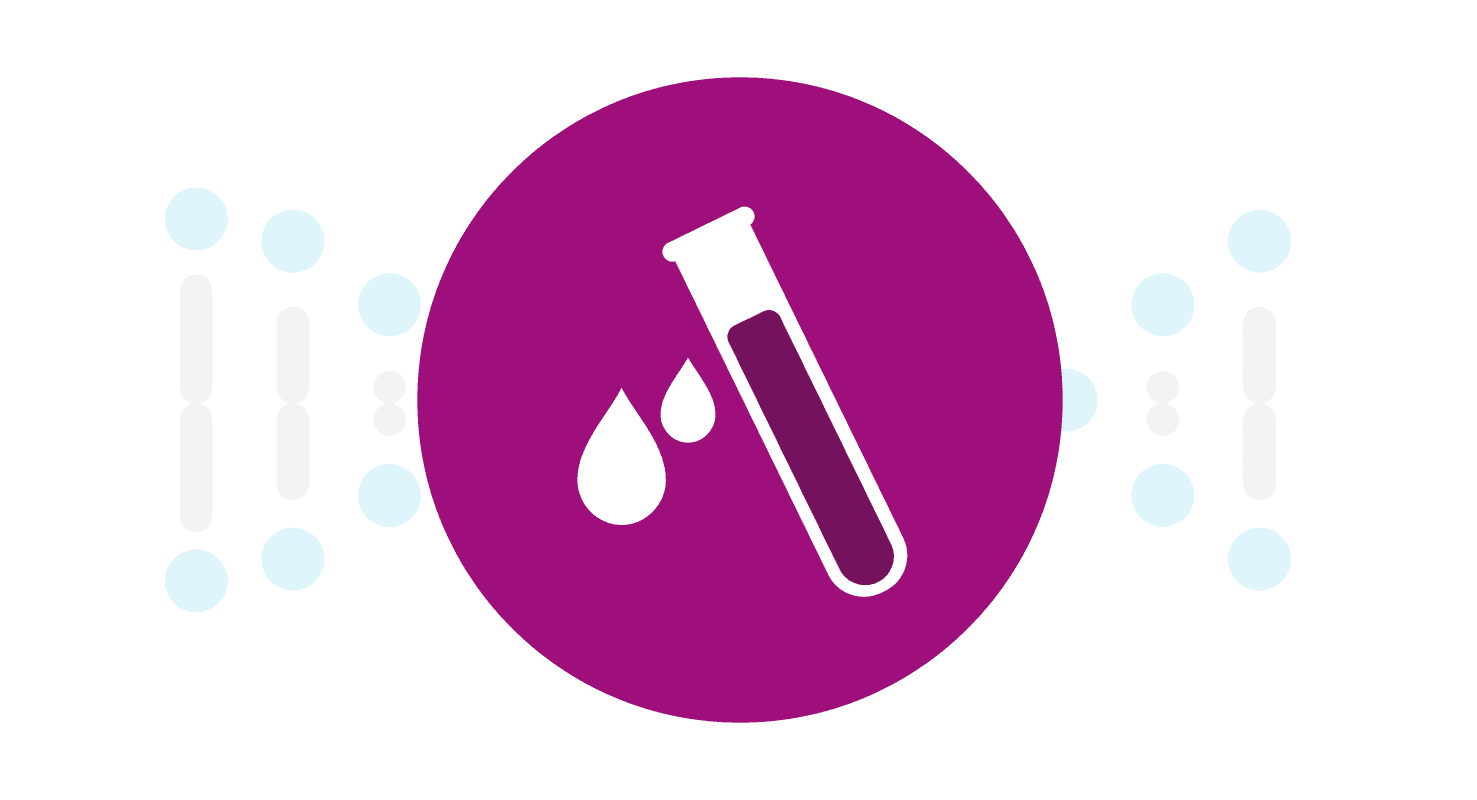This interview is part of an occasional series of profiles introducing you to the people behind 23andMe’s content curation team. This team of 23andMe scientists has the unique job of determining which  genetic associations will be reported to customers.
genetic associations will be reported to customers.
“Science is all around us and I love looking at the world through its lens.”
What were you researching/doing before you came to 23andMe?
My PhD work focused on improving cancer detection and personalizing treatment approaches. I helped develop a novel magnetic resonance imaging (MRI) technique that enables real-time measurements of tissue metabolism in patients.
In many ways the metabolism of cancer cells is distinct from that of normal cells. Furthermore, the metabolism of aggressive, metastatic cancer cells also differs from that of benign, localized cancers. The MRI techniques I helped develop are used to differentiate benign tumors from metastatic ones. With this technique, physicians will be able to personalize treatment approaches and monitor tumor regression.
From: Longmont, CO
Education:
BS, Chemical Engineering, University of Notre Dame
MS, Biomedical Engineering, ETH Zurich
PhD, Bioengineering, UC Berkeley and UCSF
Fun Fact: Bertram has recently taken an interest in studying the science of cooking. For example, he’s learned that the Maillard reaction produces various chemical compounds that both contribute to flavor and brown color when you cook foods at high temperatures.
Why are you excited about genetics?
I’m excited about the role that genetics plays in understanding ourselves and our health. The broad use of genetic screening is changing society’s approach to health. Traditionally, doctors could only reactively treat diseases. But, as genetic screening becomes readily available and as everyone learns about their genetic risks for disease, they can take proactive steps to prevent or manage them.
Thinking even further into the future, epigenetics will also play a prominent role in society’s ability to manage health and treat diseases. This growing field studies how individual genes can be turned on and off. We can envision a time when treatments will be able to target specific genes, regulate the expression of the associated proteins through epigenetic modifications and thereby cure a disease.
Tell us about a recent breakthrough in genetics research that you think will have a big impact on the industry.
The rapid decrease in the cost of gene sequencing is allowing scientists to focus on smaller and more targeted genetic studies. This means that small groups of people can unlock the role that genetics plays in their lives.
One example is a recent paper in Nature Genetics that caught my attention, in part because I enjoy mountaineering. In the paper, Lorenzo et al. discuss a newly discovered genetic mutation that improves that ability of Tibetans to live at high altitudes, often upwards of 10,000 feet. As the typical low-lander goes to higher altitudes and encounters air with a lower oxygen concentration, their body responds in several ways to supply tissue with sufficient oxygen. One response may be an increase in the number of red blood cells in the blood, which can lead to a form of chronic altitude sickness. But, the mutation found in the Tibetan’s protects them from developing red blood cell counts that are too high by altering their body’s response to low oxygen levels in their tissue.
Did you learn anything interesting from your 23andMe results?
My 23andMe results brought genetics alive for me and allowed me to see how it influenced my daily life. For example, I was always perplexed by the ability of my wife to drink an espresso immediately before bed and still sleep soundly! On the few occasions that I tried this, I would lay awake in bed for hours. Surely enough, our 23andMe results showed that we have different abilities to metabolize caffeine – she metabolized it rapidly while I do slowly.
What’s one thing the average consumer should know about genetics?
It’s not “nature vs. nurture,” but rather “nature and nurture.” Our genetic makeup is only part of the equation that defines us. Our environment and lifestyles also contribute to who we are and who we will become. Thus, knowing our genetic risks for developing a certain health condition is not worrisome, but rather empowers us to mitigate our non-genetic risks in a more targeted fashion.



